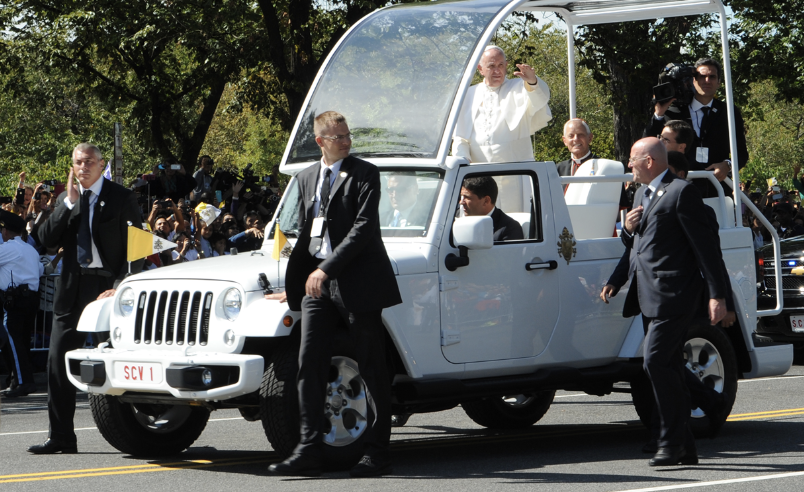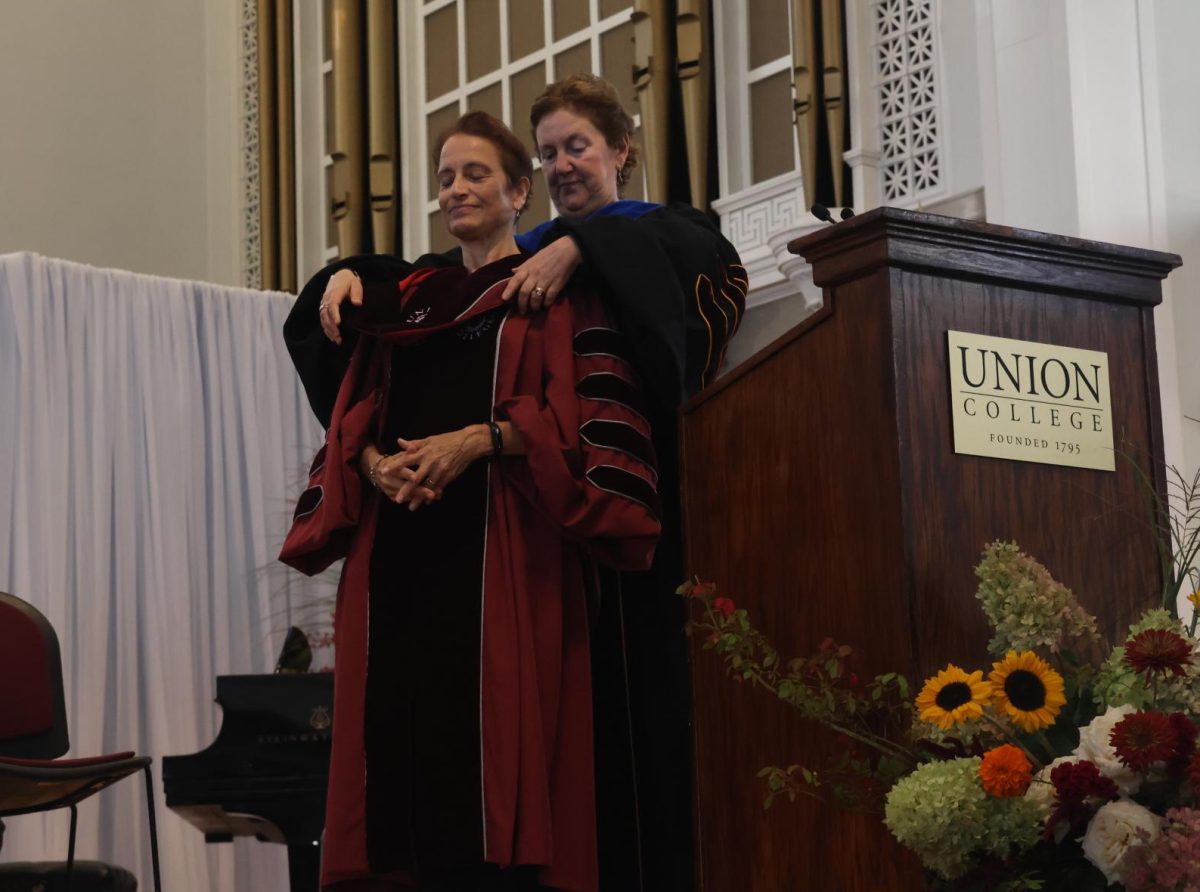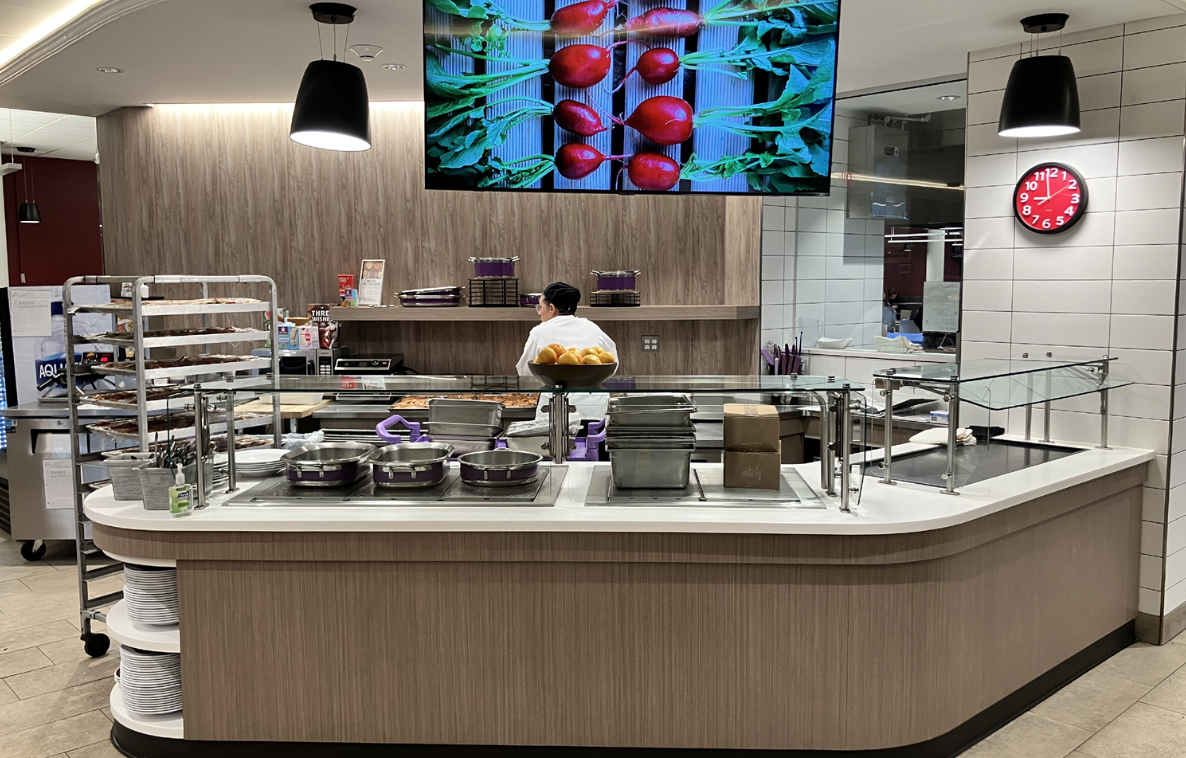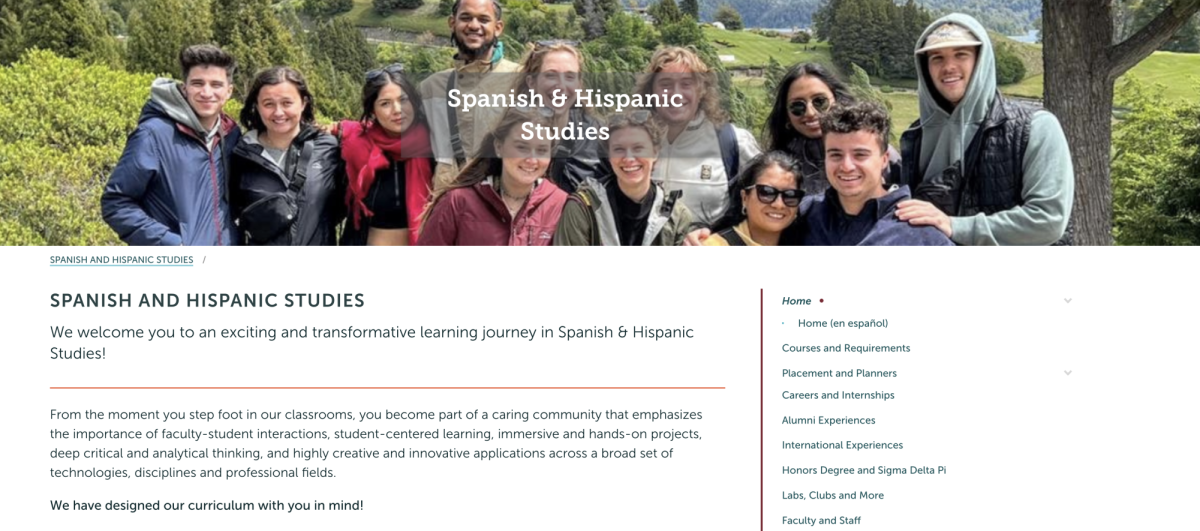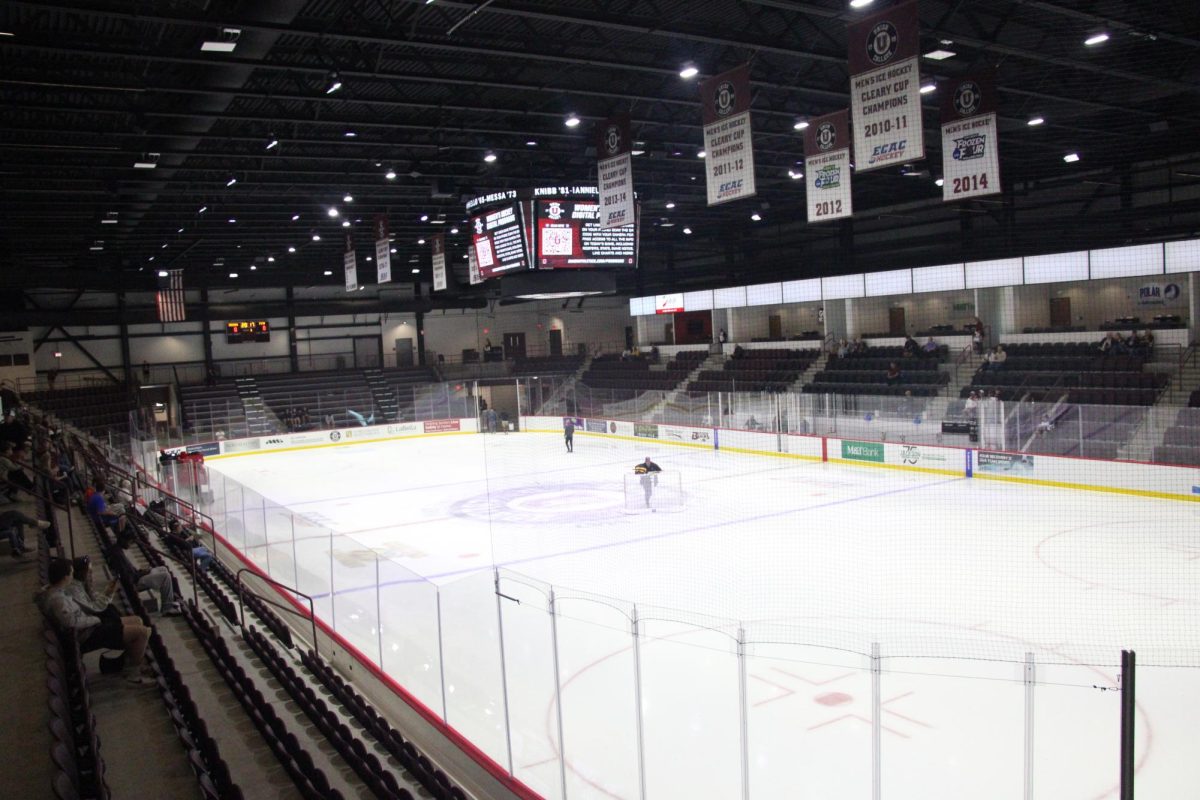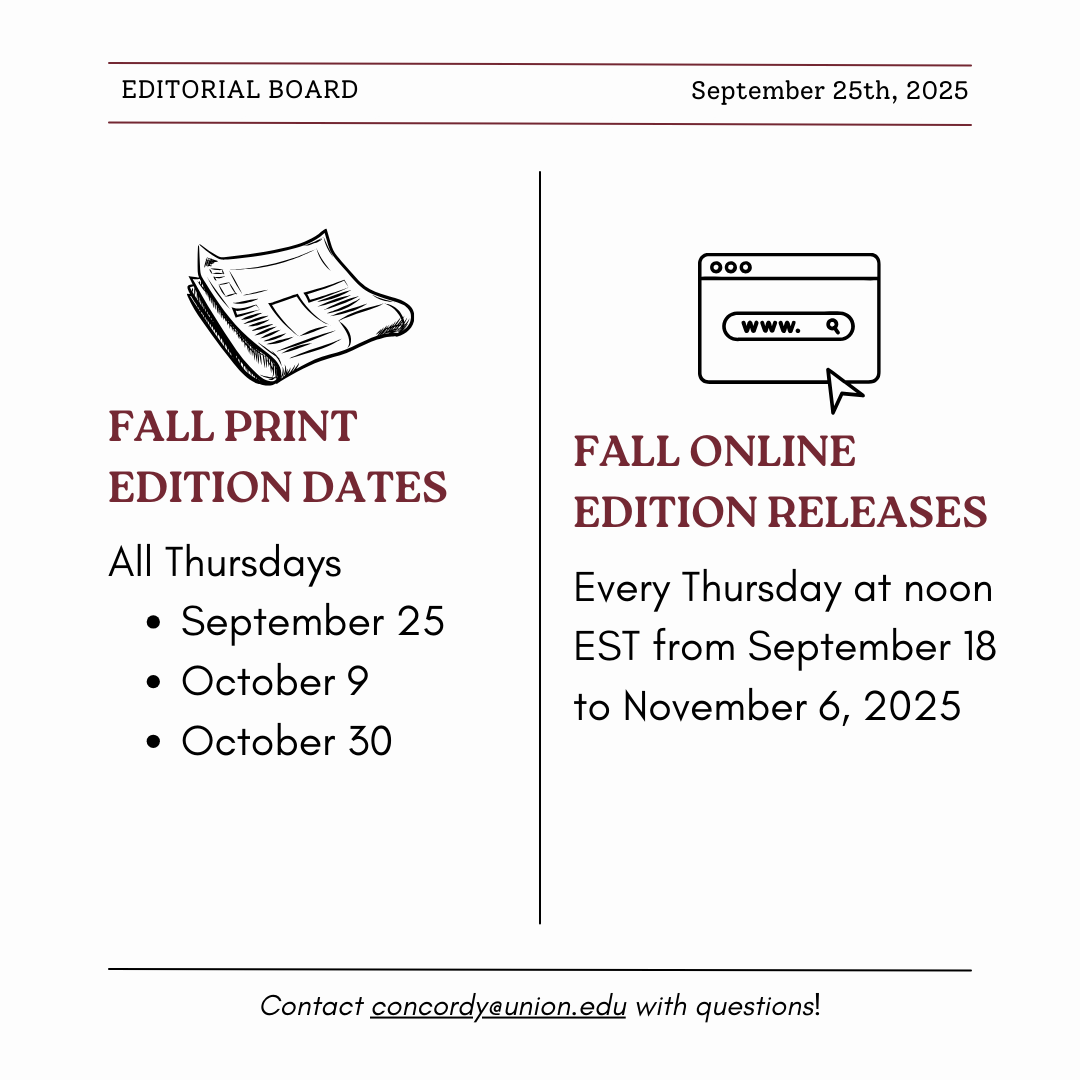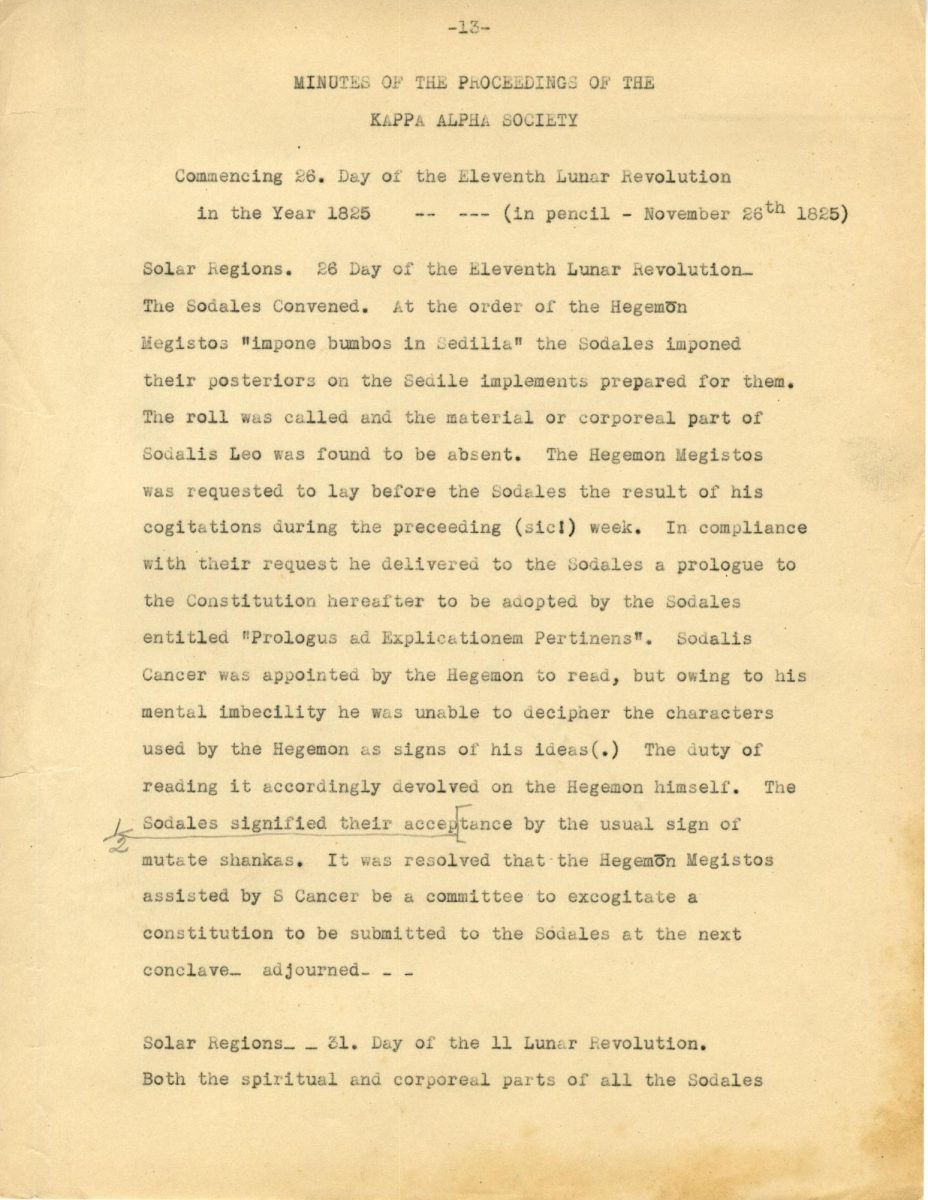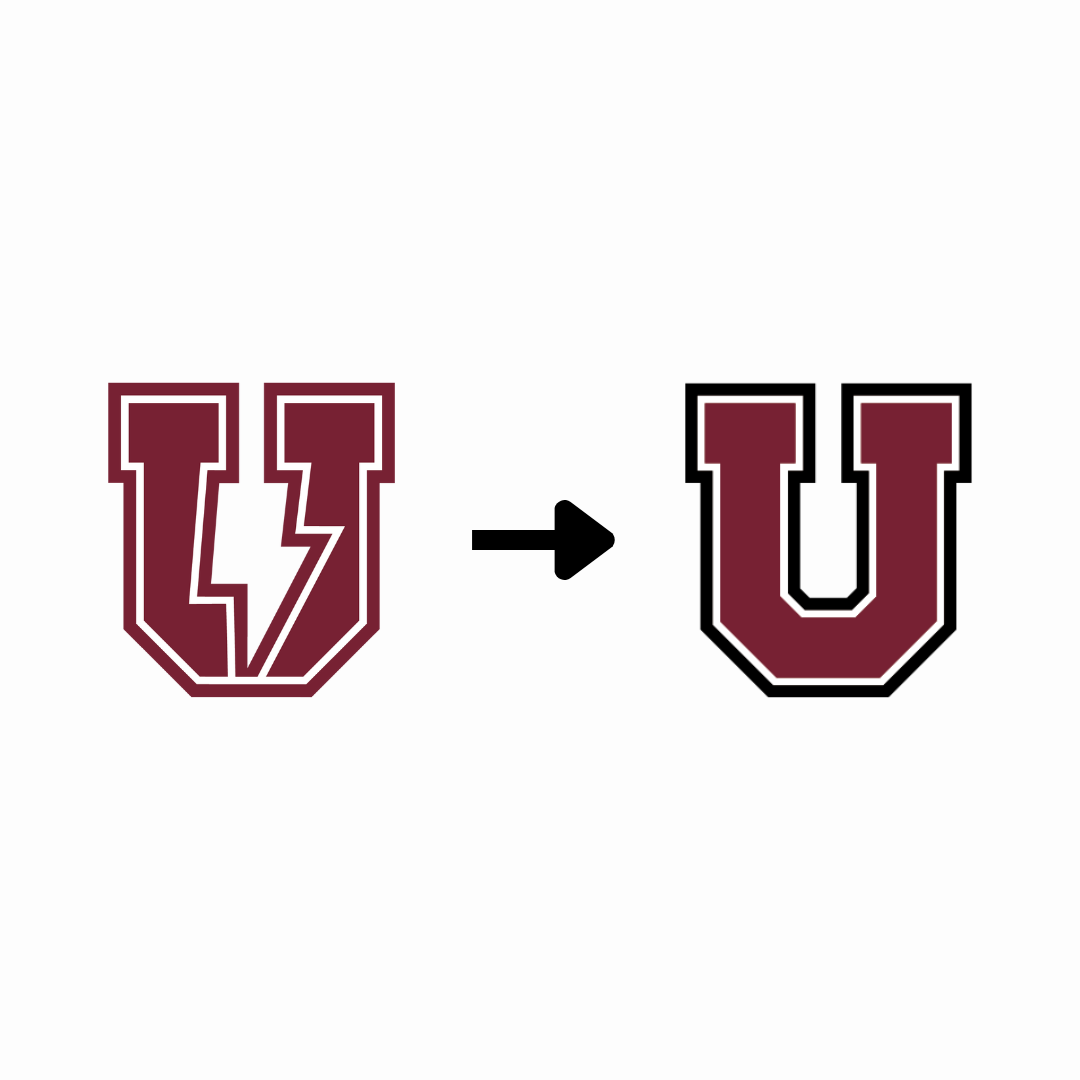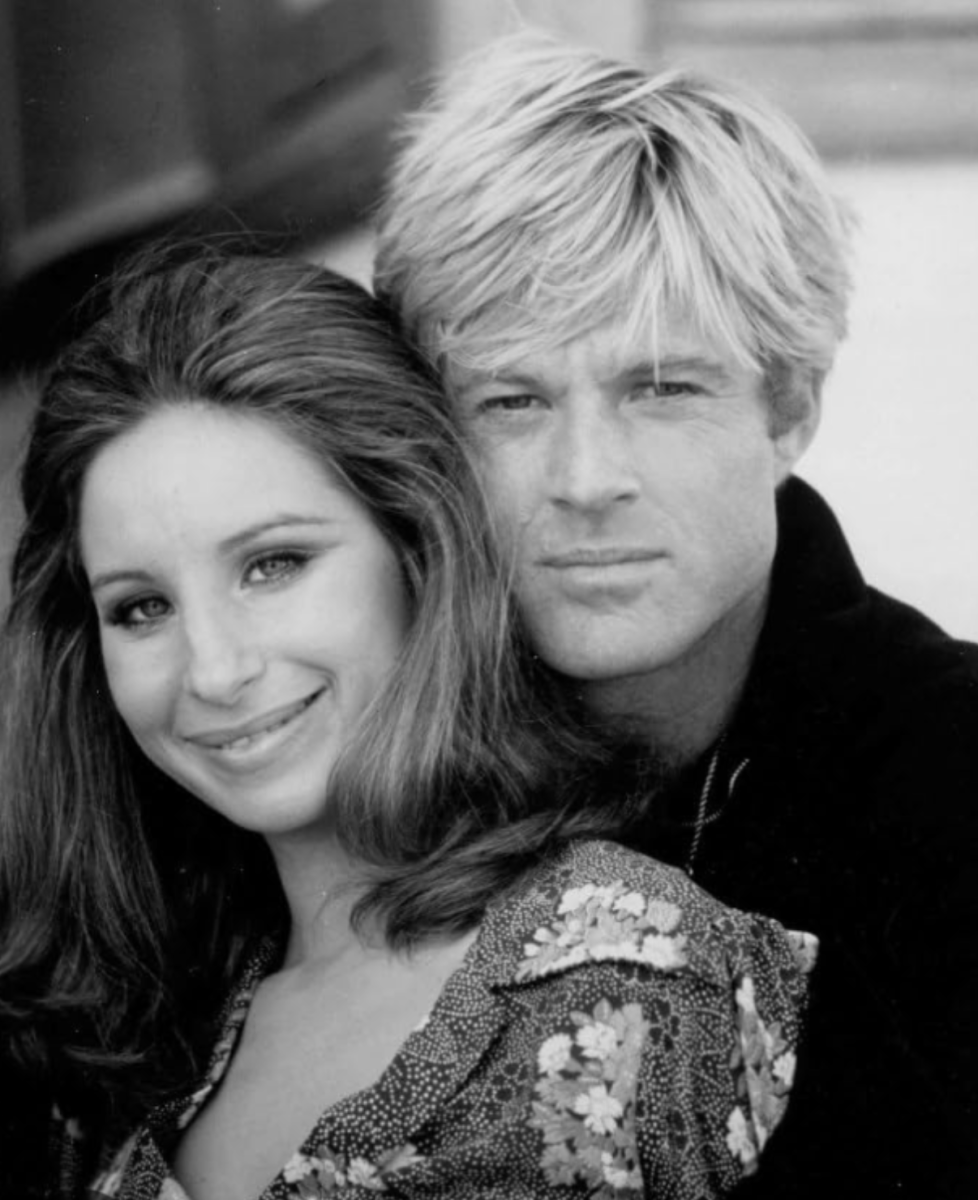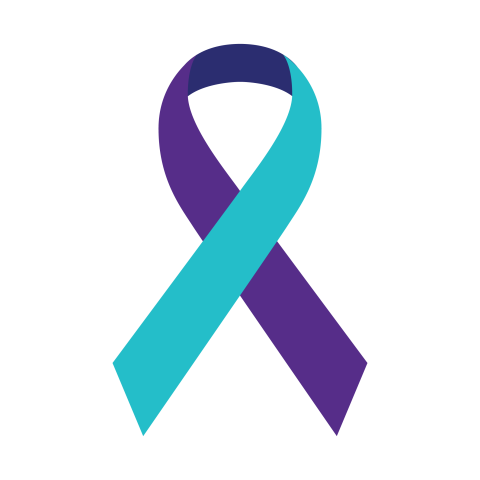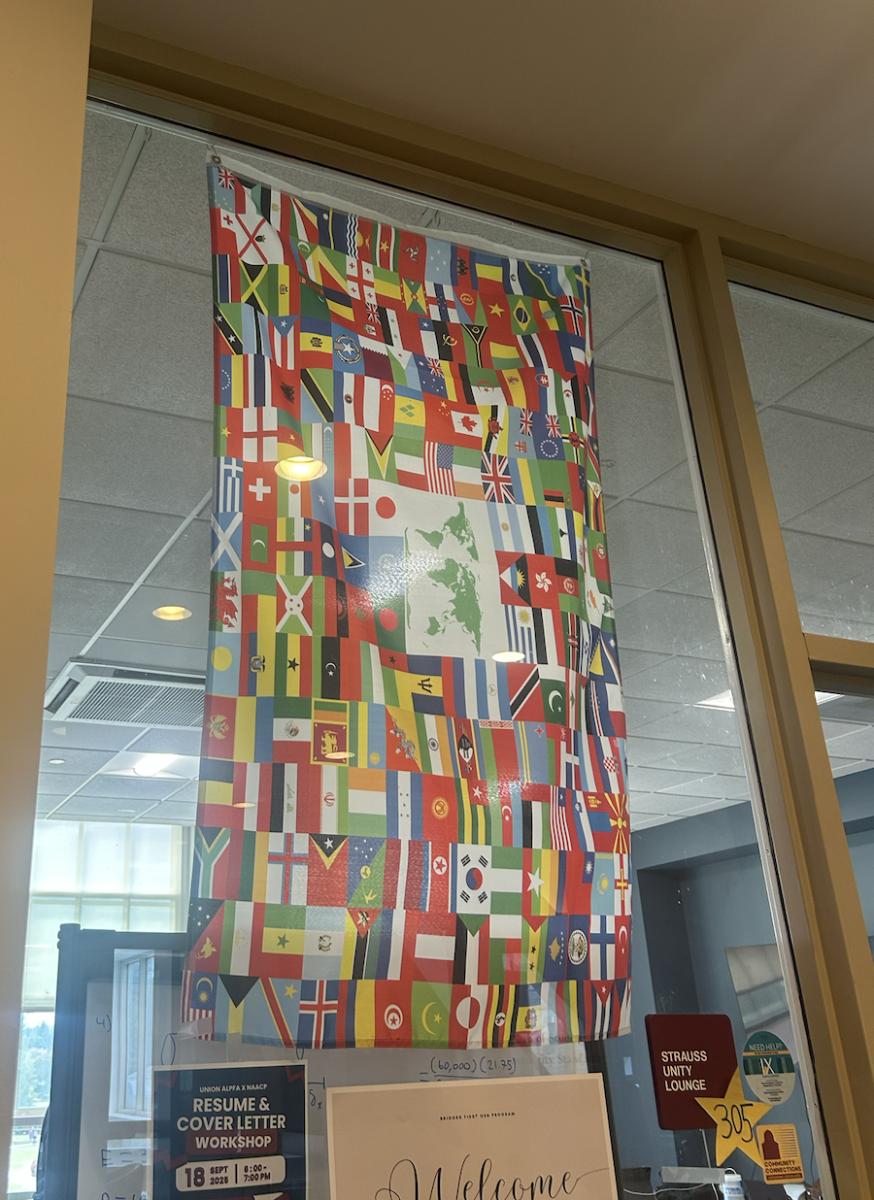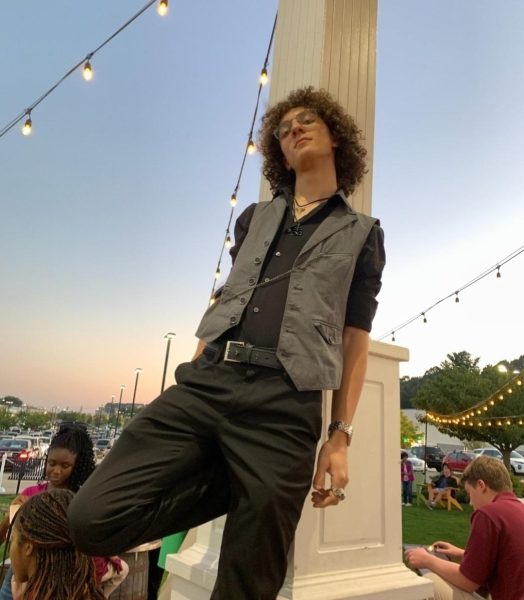At 7:35 A.M. on April 21st, 2025, the morning after Easter Sunday, Pope Francis I, head of the Catholic Church and spiritual minister to more than one billion faithful, died from complications arising from a stroke suffered through the night. After nearly twelve years at the helm of the largest religious organization in the world, his passing comes after several years of troubled health, including frequent hospital stays for lung infections, and public appearances revealing the Pope’s use of supplemental oxygen. As Catholics across the globe mourn his loss, many of us may ask who was Pope Francis and what will come of his passing after over a decade of world leadership?
Born Jorge Mario Bergolio on December 17th 1936, he was born into a family of Italian immigrants in Buenos Aires, a background in chemical research would make the then 22-year old seem an unlikely candidate for clerical life. However after a period of time working as a night-club bouncer, a food packer, and being forced to break up with his then-girlfriend by her father, his faith in the Catholic religion inspired him to enter a seminary where, eight years later, he was ordained as a priest in 1969. The following decades would see him rise through the ranks of the Catholic Church, becoming a cardinal in 2001, participating in the election of Benedict XVI in 2005, and subsequently being elected to the papacy himself after Benedict’s resignation in 2013. Upon his election he took the name of “Francis” after St. Francis of Asisi, a Catholic saint renowned for his service to the poor and charitability, virtues which would go on to define his time as pontiff.
For over a decade after his election, Francis would go on to write essays and books criticizing the state of both global politics and the Catholic Church’s complacency in global policy. His doctrine attempted to shift the Catholic Church toward inclusivity and acceptance, instead of divisiveness and separation. One such famed statement made early in his papacy came in response to president Donald Trump’s promise to erect a border wall between the United States and Mexico, stating: “A person who thinks about building walls, wherever they may be, and not building bridges, is not a Christian.” The pope also took up similarly progressive views relating to divorce and LGBTQ+ issues on which the Church had largely stagnated in recent years.
His death comes as a shock to Catholics both here at Union and around the world, with many struck with its symbolic nature in proximity to the celebration of Easter. The Catholic community on campus is both disheartened with his loss and hopeful of a swift and successful election which will decide another pope who may continue Francis’ journey.
“It’s a strange time to live through,” said first-year Susana Diaz “this is the first time any of our generation have lived through something like this, and we can only wait and see what will happen.” Voting starts May 7th, and the 135 cardinals eligible will vote 4 times per day in three day blocks until a pope is chosen via two-thirds majority.


